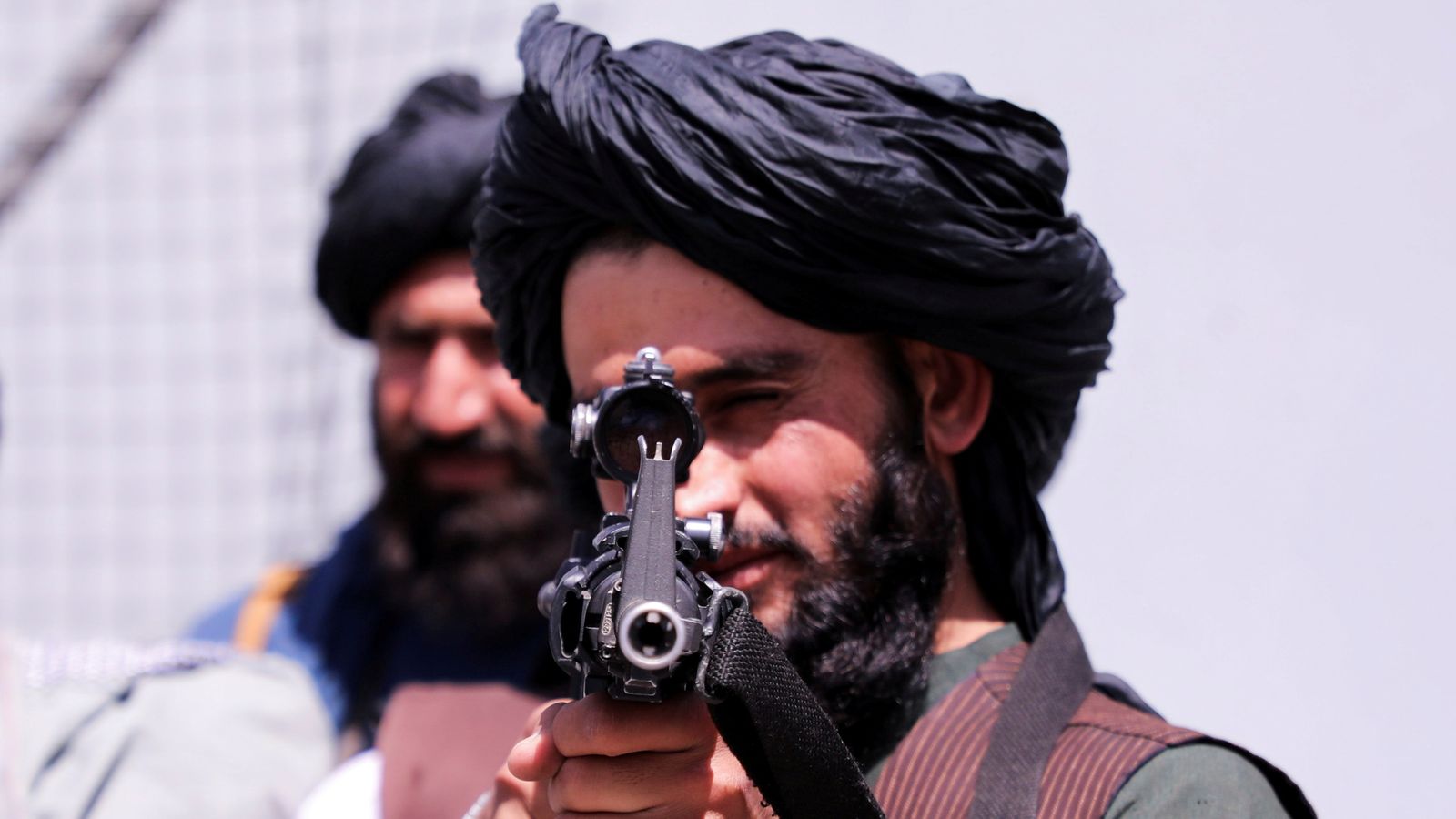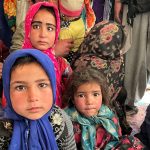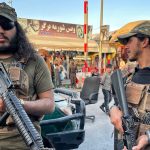The leader of Afghanistan’s new government has reportedly been chosen – as fighting raged in the country’s last province still resisting Taliban rule.
Sources say Mullah Baradar, the head of the Islamist group’s political office, will take the role.
Mullah Mohammad Yaqoob, the son of late Taliban founder Mullah Omar, and Sher Mohammad Abbas Stanekzai will also take senior positions in the government, the sources said.
The developments came as Taliban forces and fighters loyal to local leader Ahmad Massoud battled in Afghanistan‘s Panjshir Valley.
Two weeks since the group seized power, Panjshir is the last area holding out against the Taliban, who retook control of the country as US and foreign troops withdrew after 20 years of conflict following the 9/11 attacks on the US.
Both sides claimed to have inflicted heavy casualties.
“We started operations after negotiation with the local armed group failed,” Taliban spokesman Zabihullah Mujahid said.
He added that Taliban fighters had entered Panjshir and taken control of some territory, saying: “They (the enemy) suffered heavy losses.”
A spokesman for the National Resistance Front of Afghanistan (NRFA) said it had full control of all passes and entrances and had forced back efforts to take Shotul district.
“The enemy made multiple attempts to enter Shotul from Jabul-Saraj, and failed each time,” he said, referring to a town in the neighbouring Parwan province.
Several thousand fighters from local militias and remnants of the government’s armed forces have massed in Panjshir under the leadership of Massoud, son of a former Mujahideen commander, since the Taliban took power.
They have been continuing to hold out in the steep valley where attacks from outside are difficult.
Efforts to negotiate a settlement appear to have collapsed, with each side blaming the other for the failure.
Mr Mujahid said the announcement of a new government was a few days away, while Taliban official Ahmadullah Muttaqi said a ceremony was being organised at the presidential palace.
The legitimacy of the government in the eyes of international donors and investors will be crucial for the economy as the country suffers drought and the ravages of a conflict that killed an estimated 240,000 Afghans.
Humanitarian organisations have warned of looming catastrophe and say the economy – reliant for years on many millions of dollars of foreign aid – is close to collapse.
Large numbers of Afghans were struggling to feed their families amid severe drought well before the Taliban militants seized power and millions may now face starvation with the country isolated and the economy unravelling, aid agencies say.
“Since the 15th of August, we have seen the crisis accelerate and magnify with the imminent economic collapse that is coming this country’s way,” Mary-Ellen McGroarty, World Food Programme country director in Afghanistan, said.
Please use Chrome browser for a more accessible video player
However, in a positive development, a senior executive of Western Union Co said it was resuming money-transfer services to Afghanistan – a decision he said was in line with a US push to allow humanitarian activity to continue there.
“Much of our business involving Afghanistan is low-value family and support remittances that support basic needs of the people there, so that’s the grounding that we have and why we want to reopen our business,” said Jean Claude Farah, Western Union’s president in Asia, Europe, the Middle East and Africa.
The Taliban enforced a radical form of Sharia, or Islamic law, when it ruled between 1996 and 2001 but has attempted to present a more moderate face to the world this time, vowing to protect human rights and refrain from reprisals against old enemies.
But the US, the European Union and others have cast doubt on such assurances, saying formal recognition of the new government – and the economic aid that would flow from that – is contingent on action.






















